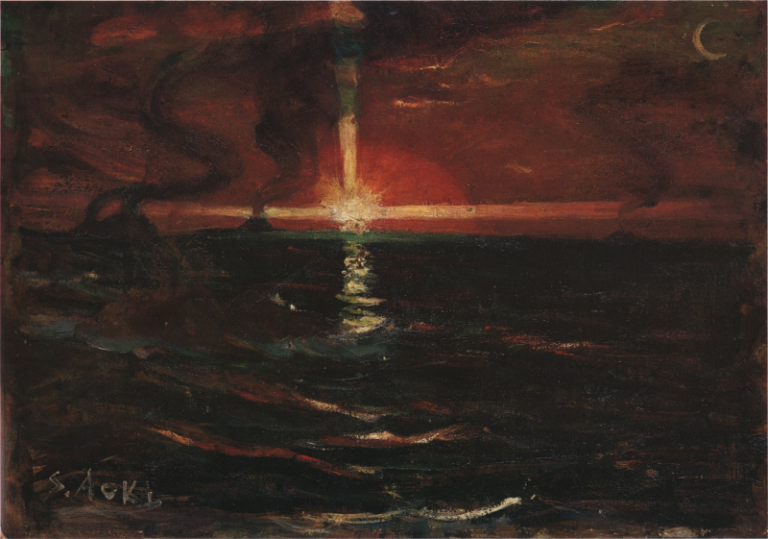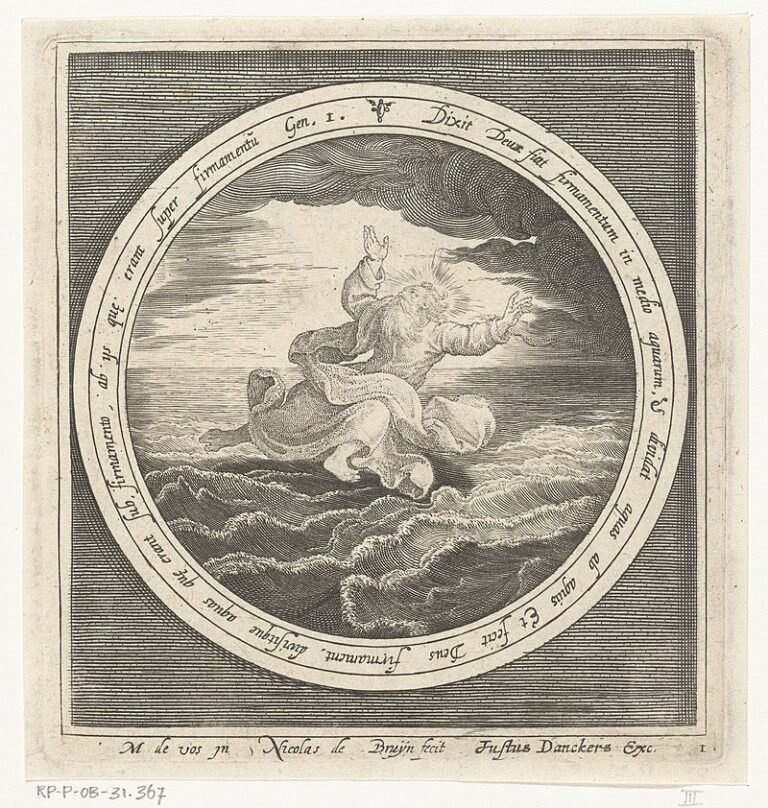WHY DID GOD REST ON THE 7th DAY? THE TEMPLE INAUGURATION HYPOTHESIS IN GENESIS 1.
3 min. read on how ‘God taking rest’ not only makes sense, but gives meaning to the whole story of creation.
4 of 4 posts in ‘Genesis’ series.

Had six days of work made the Almighty tired?
God probably doesn’t get a backache and sore muscles, right?
By giving the most popular answer to the questions above, we tend to overlook the 7th day:
God rested to establish the Sabbath, and the Sabbath is a Jewish thing, and we’re free from following the Law. For us, it’s just history. That’s it.
This way, we may be missing the key to the whole chapter, to understanding the other six days of creation.
And we miss it, because we live and think here and now, not in the Ancient Near East, where the text was written. If we lived there and thought accordingly, we would know one thing immediately and automatically:
A deity rests in a temple and nowhere else. A temple is made for divine rest.
And the ‘rest’ of a deity does not mean ‘recharging’ or ‘passive enjoyment’ in this case. It means ‘managing the existing harmony and order once it’s established’.
For six days God had been establishing the order and harmony, prescribing different functions to different elements of creation. Six days are about functionality and order more than about material creation out of nothing. More about it in this post.
Here I keep on following the thesis of John Walton from The Lost World of Genesis One.
The six days, according to Walton, stand for a period of inauguration of the Cosmic Temple. The Temple is the Universe; the Universe is the Temple. God’s dwelling place, God’s centre of control and authority.
Doesn’t it sound cool? Sure it does. But what are the exact theological implications of it?
I’ll let John Walton speak, because the more I try, the less I know how to word it better:
‘This is what makes day seven so significant, because without God taking up his dwelling in its midst, the (cosmic) temple does not exist. The most central truth to the creation account is that this world is a place for God’s presence. Though all of the functions are anthropocentric, meeting the needs of humanity, the cosmic temple is theocentric, with God’s presence serving as the defining element of existence. This represents a change that has taken place over the seven days. Prior to day one, God’s spirit was active over the nonfunctional cosmos; God was involved but had not yet taken up his residence. The establishment of the functional cosmic temple is effectuated by God taking up his residence on day seven. This gives us a before/after view of God’s role’.*
The world is meant to be a place for God’s presence.
God’s presence is the defining element of existence.
That’s a central truth of the beginning of the Bible.
Amen?
*John H. Walton The Lost World of Genesis One, InterVarsity Press 2013, p.83-84




